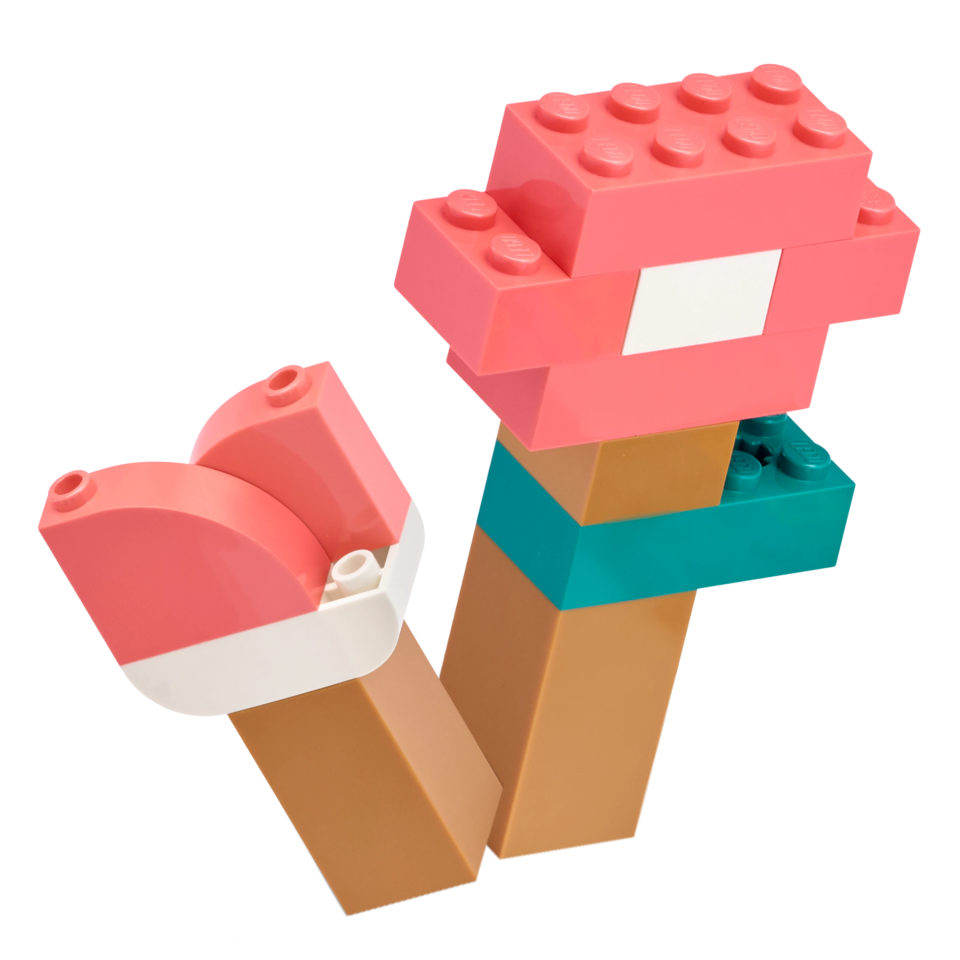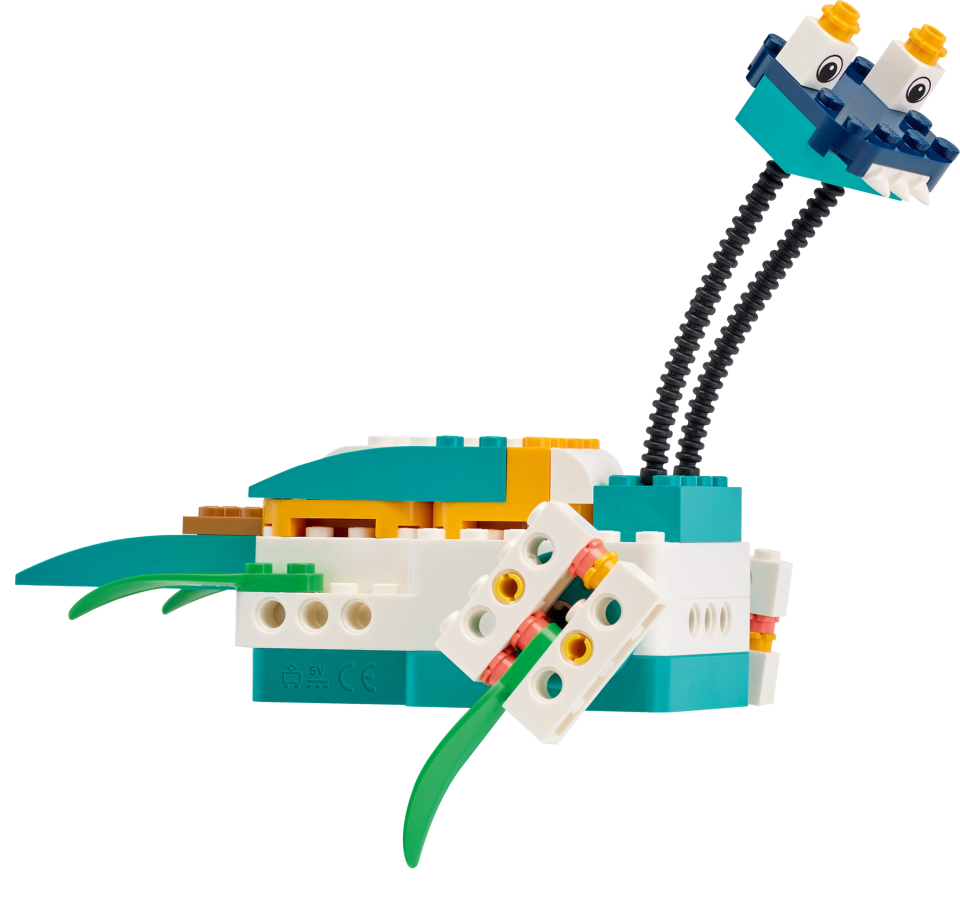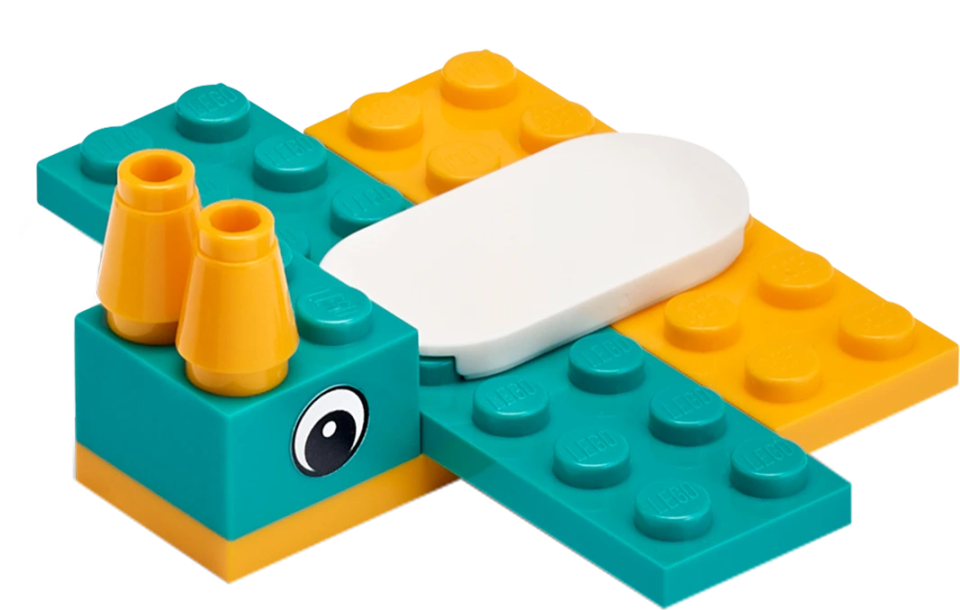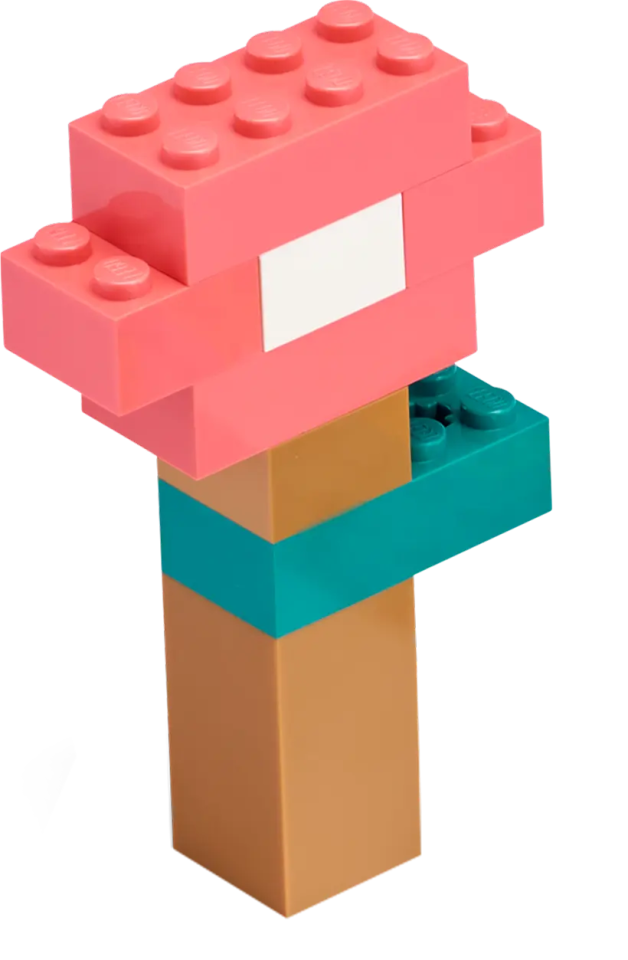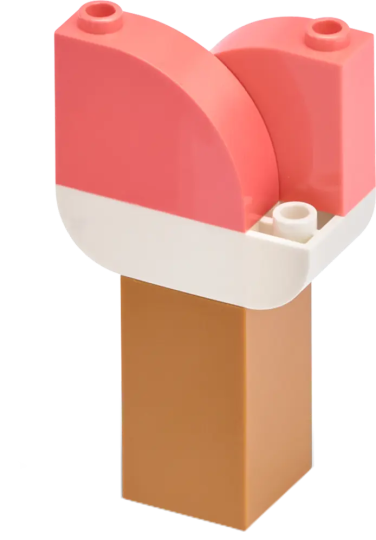.jpg?locale=en-us&auto=webp&format=jpeg&width=1800&quality=90&fit=bounds)
Denver Public Schools: Getting Creative to Address Achievement Gaps
RESULTS
- Over 1,700 students from 41 schools excited to come to school on Saturdays
- 70% increase in attendance with implementation of LEGO® Education solutions
- Improvement in literacy, math and language development in English as a Second Language (ESL) students
- Inspired and engaged teachers and principals
DISTRICT PROFILE
- 87,000+ students
- Almost 6,000 teachers
- 203 Schools
- Largest school district in Colorado
- Highly diverse student population--over 50% Hispanic/Latino
How is the team at Denver Public Schools addressing post-COVID-19 achievement gaps and supporting students who aren’t engaged during the school week? By creating a program so exciting and engaging that students want to show up on Saturdays!
Addressing Learning Gaps
Denver’s free Saturday school program was created to address significant gaps in literacy, math and overall student engagement exposed in the wake of COVID. The first iteration launched in February of 2023 and focused on interventions specific to those key areas. The response was strong from the beginning with 990 students from 10 schools attending between February and May. Over the summer of 2023 Dr. Boris Costa-Guerra, the district Director of Activities, read the Northwest Evaluation Association (NWEA) report on achievement data. He learned students in marginalized groups like the ones making up Denver’s population, were up to six months behind in math and reading. This solidified his resolve to build on the Saturday school program’s initial success. “We were excited about the turn out for the math and literacy interventions, but we really wanted to expand the offerings and bring in the coding experiences with LEGO Education,” said Dr. Costa-Guerra.
Making it Happen
It was an ambitious plan and buy-in from teachers and principals was vital for success. Knowing this, Dr. Costa-Guerra got the sets and lessons into teacher’s hands early and set-up trainings emphasizing key components included in LEGO Education lesson plans like built-in scaffolding and math and language extensions.
“It came down to ease of deployment showing them that LEGO Education really was turn-key.”
He also made sure the learning happening at Saturday school was directly tied to topics students are assessed on in the classroom and is rooted in grade-level test tasks. All of this required a high-level of collaboration. Teams across the district worked together to source funding, set up literacy and math learning, strategize outcomes, and build in language development for ESL students. The structure of the program is evidence of Denver’s commitment to their mission of creating classrooms that are vibrant centers of learning lifting all students towards a bright horizon:
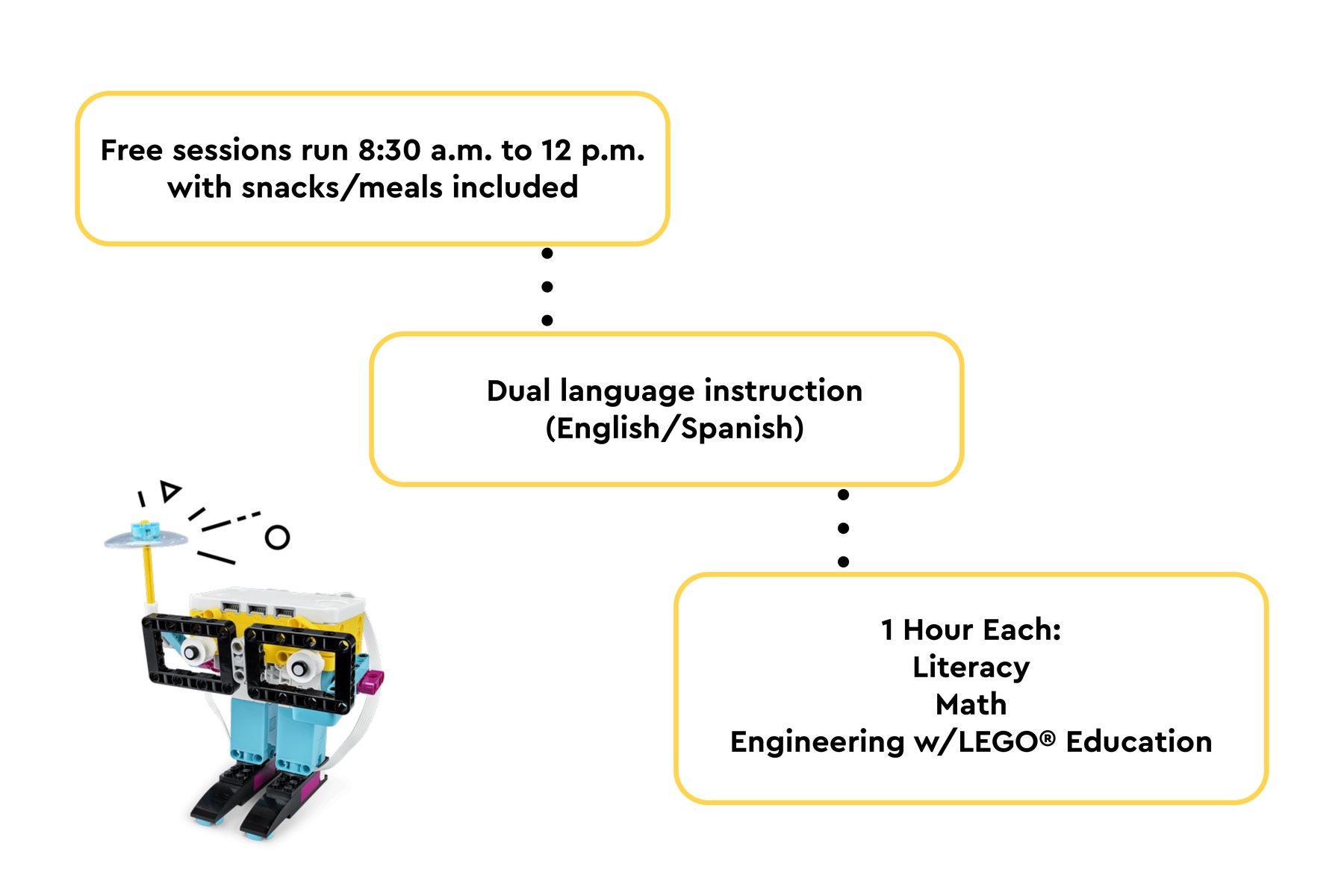

With this format in place, Saturday school resumed in the Fall of 2023 and engagement soared with a more than 70 percent increase in attendance. Nearly 1,700 students from more than 40 schools began showing up every Saturday. Dr. Costa-Guerra notes that the key to keeping them coming back was in establishing a safe and engaging environment. “We were very intentional about creating a welcoming space,” said Dr. Costa-Guerra. That feeling of safety allowed kids to be successful and engaged on a level that previously might not have felt possible. Kathy Choi, Dean of Culture at College View Elementary agrees, “LEGO Education creates a dynamic learning environment where students are motivated, collaborative, and deeply engaged in both the process and the outcomes of their work!”
“We have brilliant teachers doing incredible things in these classrooms, we just needed to provide the opportunity and trust to let it happen”
Turning Success on Saturday into Motivation on Monday
The turnout and engagement was very exciting, but for the Saturday school program to be truly successful engagement needed to carry over into the school week. With that in mind the district made celebrating student achievement a priority knowing it would drive confidence and engagement in the classroom. Students are excited to come to school knowing their teachers will still be celebrating what they did on Saturday, and they’re excited to dig deeper and apply it in the classroom.
“On Monday and Tuesday these kids are raising their hands and speaking in front of the class. They’re becoming leaders!”
It’s also a big part of why the program’s popularity continues to grow. “Other students are hearing about the awesome things happening with LEGO Education at Saturday school and they get excited and want to engage as well. There’s nothing like letting a kid see another kid making connections to inspire them to say hey I want to do that,” said Dr. Costa-Guerra.
Sustainability through Impact and Accessibility
The team was very strategic, designing the program for long-term sustainability that would allow them to make those connections for as many students as possible. Choi points to the focus on content relevance as evidence of this, saying, “Students easily connect what they’re learning to real life situations. They’re applying math, science and technical skills to understand phenomenon in their daily lives, like windmills, bridges, cars, and even playground swings.” These are critical moments when it comes to knowledge and skill retention, and in a district like Denver’s, with a high population of typically underserved groups, that real-world application is particularly important.
In addition to real-world application, it was also critical for the district to leverage solutions that provided an easy entry point and were accessible to all students regardless of their learning level or background. “We have a diverse student population from different grade levels, with different backgrounds and learning levels. LEGO Education has been a great addition to addressing student learning needs in our curriculum,” said Choi, “Elements like visual supports, multi-sensory engagement, and language accessibility provided the differentiation we needed to make the learning engaging and accessible for all of our students.”
The district team is currently working on metrics and an assessment methodology to get a better sense of the learning outcomes. There’s a lot of excitement and optimism about seeing tangible impact on literacy and math proficiency as well as language development for their ESL students. Dr. Costa-Guerra is confident this approach is the way to make that happen saying, “We need to nurture these students, and provide the opportunity for them to show us what they can do.”
